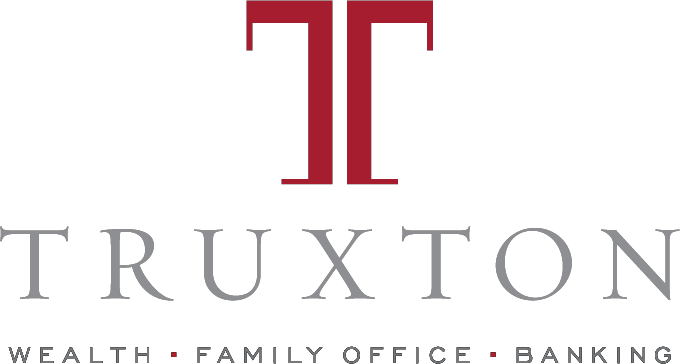Attention Business Owners: The Supreme Court Has Spoken!

Throughout the lifecycle of a closely held business, owners should contemplate succession planning for a variety of reasons, including the loss of key employees, retirement of principals and owners, and of course, death.
A common planning technique, to ensure continuity of business operations and control of the company following the death of a co-owner is the use of agreements between the owners to purchase stock from the estate of the deceased. Or in the alternative, shareholders may have agreements with their company to redeem shares following death. Often life insurance policies are owned by the business to create the liquidity needed to fulfill these agreements.
Earlier this summer, the United States Supreme Court rendered a unanimous opinion in Estate of Connelly v. United States, resulting in enormously different tax consequences for many of these type arrangements. This ruling parted from precedent established almost two decades ago and for many business owners’ estates may lead to millions of dollars in estate tax liability.
The ruling overturned a 2005 decision held by the 11th Circuit Court in Estate of Blount v. Commissioner. The Blount decision held that life insurance proceeds should not be included in a company’s value when there was an offsetting redemption obligation between the current shareholders and the deceased. The Justices in Connelly opined that life insurance proceeds received by a closely held company which are used to redeem a deceased shareholder’s stock are to be included in the value of the company for estate tax purposes, and the corresponding obligation to purchase the shares from the decedent under a buy-sell redemption agreement was not an offsetting liability of the company reducing the value for estate tax purposes. This of course increases the value of the deceased owner’s taxable estate and its attendant estate tax liability.
There are alternative structures for succession planning that may have the ability to produce better outcomes for both the business and the estate of the deceased. The Supreme Court, in Connelly, acknowledged that the use of cross-purchase agreements could have resulted in a lower estate tax liability. Cross-purchase agreements usually require that owners hold life insurance policies on each of the other owners of the business and upon death, the surviving owners use the proceeds to buy the deceased’s shares. Since the life insurance policies are not owned by the company, the value of company shares does not increase in value as is now the law with respect to redemption agreements. However, cross-purchase agreements can involve complexities, particularly in businesses with several owners, as each owner needs to hold and manage multiple policies. Additionally, unequal premium burden occurs when younger and healthier owners end up paying proportionately more than older, less healthy owners.
Trusts are an alternative and when structured properly eliminate the issue of multiple policies and unequal premium burden, but it is imperative that consideration be taken to ensure that death benefits remain tax free. Similar to trusts, insurance LLC’s may offer solutions to issues inherent with cross-purchase agreements. Both alternatives are very complex and have the potential for unanticipated and adverse outcomes for both the business and for the estate of the deceased if not structured and administered with care.
Many business owners are aware of the vital importance of meticulous estate planning, choosing appropriate insurance products and understanding the intricate tax implications of corporate agreements. But there may be an underappreciation of the dynamic forces that can impact the efficacy of such planning. Businesses change. Family circumstances change. Legislative actions may change the rules. Courts may amend their interpretation of 2the rules. The list goes on. Effectively managing wealth is a continuous and multi-faceted process crossing a host of financial and legal disciplines.
Truxton Wealth represents a vigilant sentry at the intersection of all these dynamics known and yet to be known. If a closely-held business is part of your family’s financial footprint, Truxton’s team of tax and wealth advisors would enjoy discussing the impact of the Connelly decision on you, your family, and your business.

